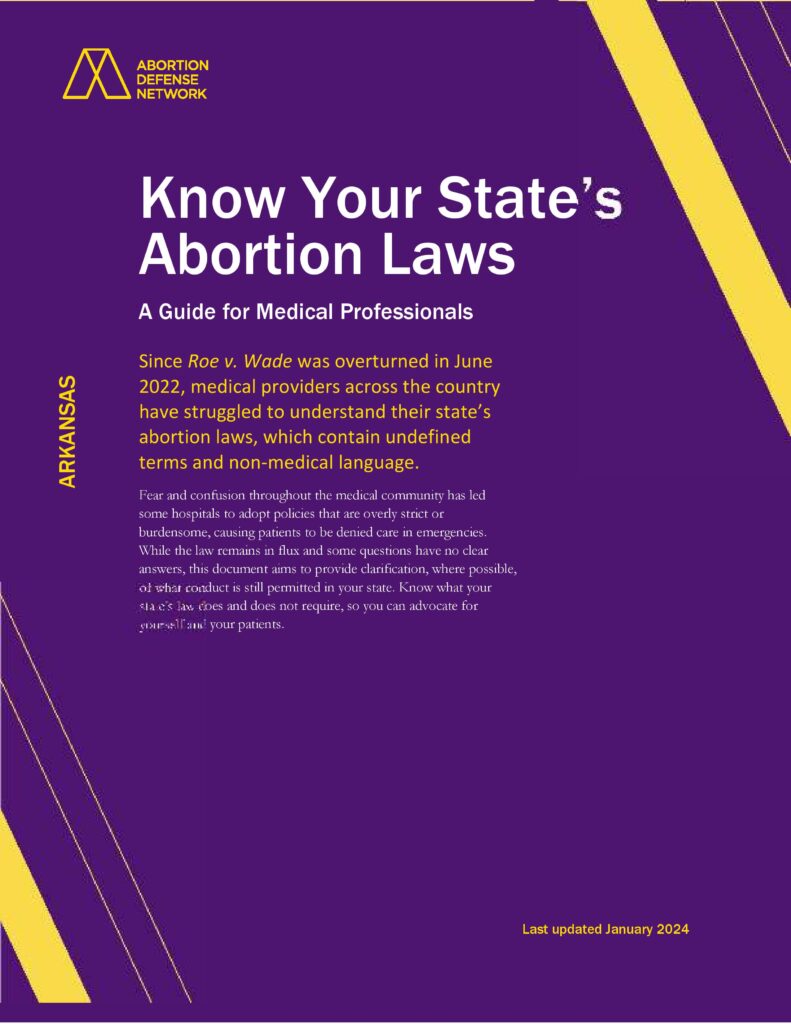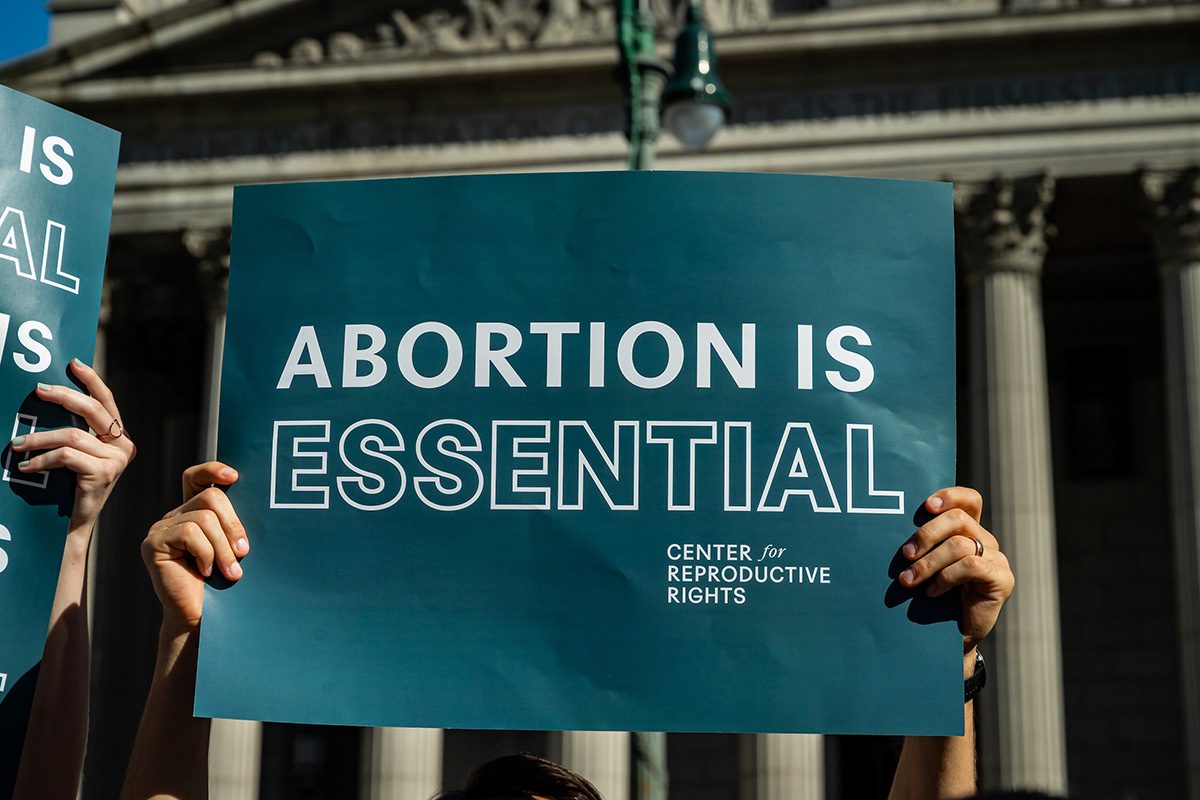
Medical Professionals Guide on State Abortion Laws
Since the U.S. Supreme Court overturned Roe v. Wade and eliminated the federal constitutional right to abortion in 2022, states have become the battlegrounds for abortion rights. Medical providers across the country are now struggling to understand their state’s abortion laws, which contain undefined terms and non-medical language.
Fear and confusion throughout the medical community have led some hospitals to adopt policies that are overly strict or burdensome, causing patients to be denied care in emergencies. While the law remains in flux and some questions have no clear answers, the Abortion Defense Network—of which the Center for Reproductive Rights is a key member—has created these fact sheets to provide clarification, where possible, of what conduct is still permitted in your state. With these fact sheets, you’ll learn what your state’s law does and does not require so you can advocate for yourself and your patients.
Find your state’s abortion laws fact sheet by clicking on a state below:
These documents should not be construed as legal advice. If you need individualized legal advice, please contact the Abortion Defense Network, where you will be matched with a pro bono attorney.
The Abortion Defense Network provides access to legal resources to help people navigate the confusing and hostile post-Roe legal landscape. The Network is managed by the Lawyering Project and run in partnership with the Center for Reproductive Rights, the American Civil Liberties Union, If/When/How: Lawyering for Reproductive Justice, the National Women’s Law Center, and Resources for Abortion Delivery.


